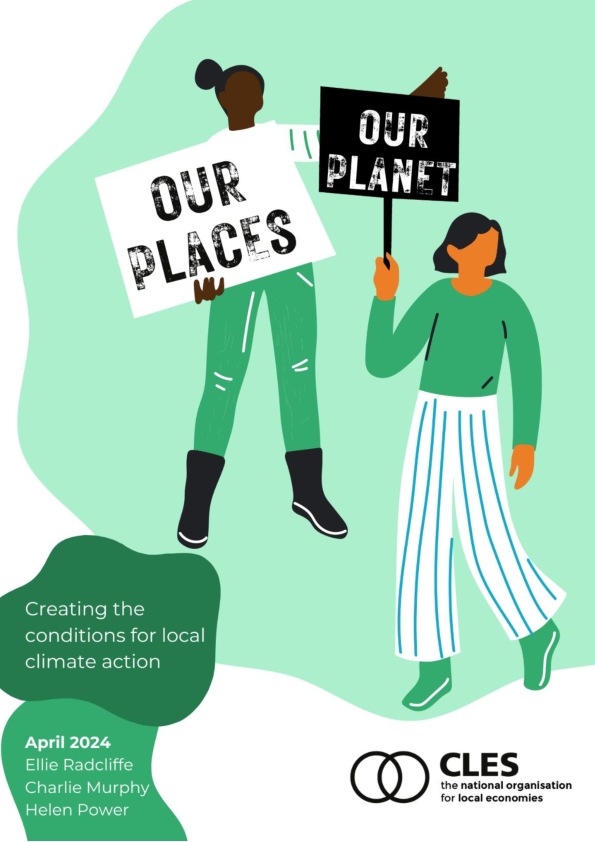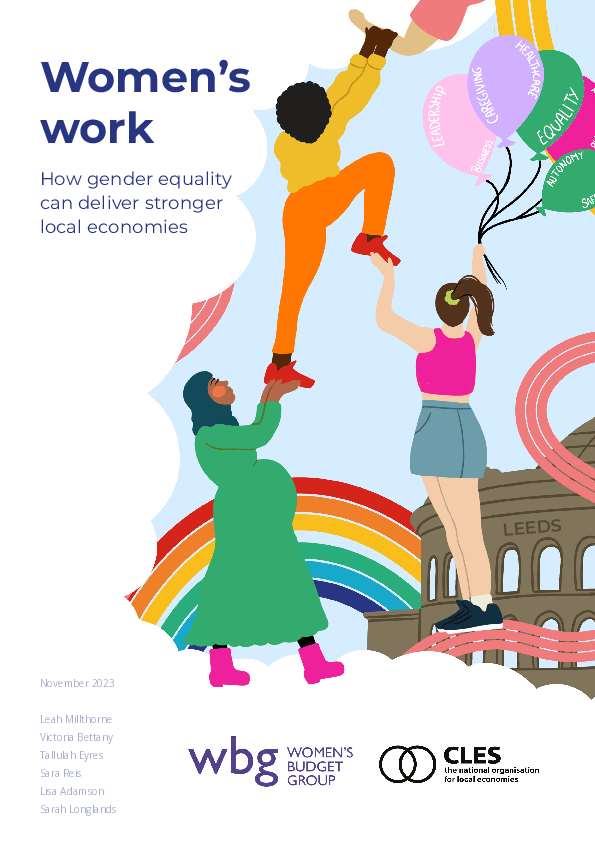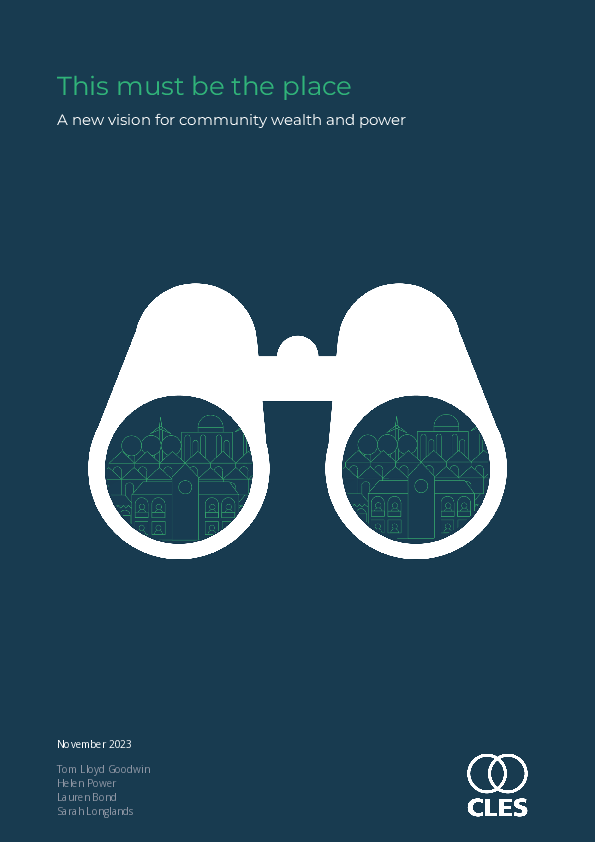This article originally appeared in the Municipal Journal.
This week all eyes will be on the Autumn Statement. While the headlines will likely focus on questions of tax and public funding on the national level, the question of whether local government will receive any relief from more than 13 years of austerity will probably not make the cut.
Yet the systematic defunding and devaluing of local government is – I would argue – one of the reasons why there are growing levels of poverty, hardship and destitution, creating huge vulnerability in places across the UK, generating significant pressure in the NHS and in social care and undermining the potential of local economies. For decades, every chancellor has stood at the dispatch box and argued their plan is the one that will set this country on the path to prosperity for all. That they will deregulate, bulldoze, cut through regulation, look under stones in the pursuit of growth. Few are bothered about the quality of the economy they are nurturing, merely the upward trajectory. Often the most important question is missed: who benefits?
“The gap between those who have least and most is growing”
Take Greater Manchester, for example, where recent CLES research shows the city region’s economy has more than doubled since 1998. Yet a third of children live in poverty, there are 16,000 live applications for social housing and 390 neighbourhoods are among the most deprived in the UK. The wealth of the average Greater Manchester resident, including property and other assets, is around £84,400 while the 11 richest individuals in the city region have a combined wealth of more than £9.3bn. The gap between those who have least and most is growing year-on-year.














